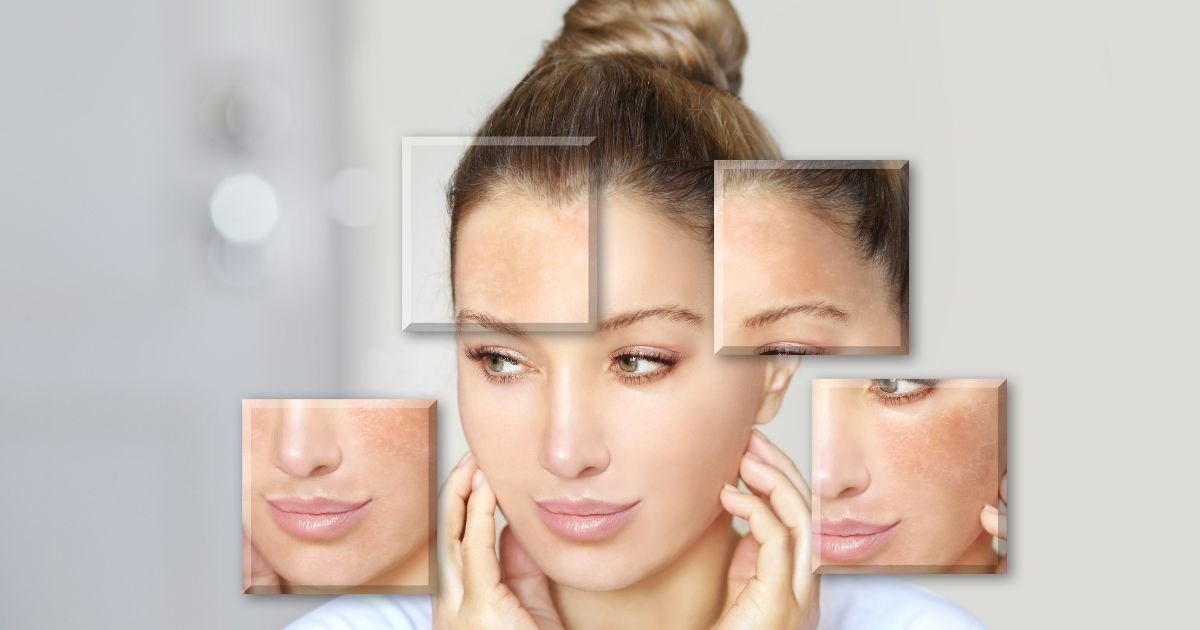
Multivitamins and Glowing Skin: Can They Make a Difference?
Who doesn’t want radiant, glowing skin? It’s often seen as a reflection of good health and self-care. While skincare routines, hydration, and lifestyle choices play vital roles in maintaining healthy skin, your diet is just as critical. Multivitamins can bridge nutritional gaps and provide essential nutrients that promote skin health from within. But can they truly make a difference in achieving glowing skin? Let’s explore the science and benefits of multivitamins for your skin.
The Connection Between Nutrition and Skin Health
Your skin is the body’s largest organ and acts as a protective barrier. Its health and appearance are influenced by both internal and external factors. Nutrients, including vitamins and minerals, are essential for skin regeneration, hydration, and repair processes. Deficiencies in key nutrients can lead to dullness, dryness, and premature aging.
How Multivitamins Support Glowing Skin
1. Boosting Collagen Production
Collagen is the protein responsible for skin elasticity and firmness. Vitamins like vitamin C are crucial for collagen synthesis. Adequate collagen levels help maintain a youthful, plump appearance.
2. Fighting Oxidative Stress
Exposure to UV rays, pollution, and stress can generate free radicals, which damage skin cells and cause premature aging. Antioxidant-rich vitamins, such as vitamin E and vitamin C, help neutralize free radicals, reducing skin damage and promoting a healthy glow.
3. Hydration and Moisture Retention
Dry, flaky skin can make your complexion appear dull. Vitamin A, found in many multivitamins, plays a key role in maintaining the skin’s moisture barrier. It promotes smooth, hydrated skin by supporting cell turnover and repair.
4. Reducing Inflammation
Inflammation can cause redness, acne, and other skin issues. Nutrients like zinc and omega-3 fatty acids (often included in multivitamin formulations) have anti-inflammatory properties that calm irritated skin and promote healing.
5. Enhancing Skin Tone
Uneven skin tone, dark spots, and pigmentation can make the skin look tired and aged. Vitamin B complex, especially niacinamide (vitamin B3), is known to brighten the skin, improve texture, and reduce hyperpigmentation.
Key Vitamins and Minerals for Glowing Skin
1. Vitamin A
Benefits: Encourages cell turnover, reduces acne, and smoothens skin.
Sources: Retinol in skincare products, and multivitamins that include beta-carotene.
2. Vitamin C
Benefits: Boosts collagen production, brightens skin, and fights oxidative stress.
Sources: Citrus fruits, strawberries, and multivitamins.
3. Vitamin E
Benefits: Protects skin from UV damage, locks in moisture, and enhances elasticity.
Sources: Nuts, seeds, and fortified supplements.
4. Vitamin D
Benefits: Supports skin cell growth and repair while combating infections.
Sources: Sunlight, fortified foods, and multivitamins.
5. Vitamin B Complex
Benefits: Improves hydration, reduces redness, and evens out skin tone.
Sources: Whole grains, dairy products, and supplements with B3 (niacinamide) and B7 (biotin).
6. Zinc
Benefits: Reduces acne, speeds up wound healing, and supports skin regeneration.
Sources: Meat, nuts, and multivitamins.
7. Selenium
Benefits: Neutralizes free radicals and protects skin from environmental damage.
Sources: Brazil nuts, seafood, and supplements.
8. Omega-3 Fatty Acids
Benefits: Maintains the skin’s lipid barrier, reducing dryness and inflammation.
Sources: Fatty fish, flaxseeds, and omega-3 enriched multivitamins.
Multivitamins vs. Diet: Do You Need Both?
While a balanced diet is the best source of nutrients, modern lifestyles, food choices, and environmental factors can make it challenging to meet all nutritional requirements. Multivitamins act as a safety net, ensuring you receive essential nutrients that might be lacking in your diet. However, they are not a substitute for healthy eating.
Choosing the Right Multivitamin for Your Skin
When selecting a multivitamin to support glowing skin, consider these factors:
Targeted Formulation: Look for multivitamins labeled for skin, hair, and nails, as these often include higher levels of skin-friendly nutrients.
High Bioavailability: Choose products with nutrients in forms that are easily absorbed by the body.
Balanced Dosage: Avoid overloading on fat-soluble vitamins (A, D, E, K) to prevent toxicity.
Quality Assurance: Opt for reputable brands that follow strict manufacturing standards and use clinically tested ingredients.
Tips to Maximize Benefits
Consistency is Key: Take your multivitamin daily at the same time to establish a routine.
Pair with a Balanced Diet: Complement your supplement with nutrient-rich foods like fruits, vegetables, and lean proteins.
Stay Hydrated: Water is essential for maintaining skin elasticity and flushing out toxins.
Combine with a Skincare Routine: Use skincare products containing active ingredients like hyaluronic acid, retinol, and ceramides.
Protect Your Skin: Always wear sunscreen to prevent UV damage and premature aging.
The Verdict: Can Multivitamins Transform Your Skin?
While multivitamins alone won’t magically give you glowing skin, they play a significant role in supporting skin health from within. By providing essential nutrients that promote hydration, repair, and protection, they help create the foundation for a radiant complexion. Combined with a healthy lifestyle and skincare routine, multivitamins can be a valuable tool in your journey to achieving glowing skin.
Remember, every individual’s skin is unique. If you’re considering multivitamins to address specific skin concerns, consult a dermatologist or healthcare provider to tailor a plan that works best for you.
